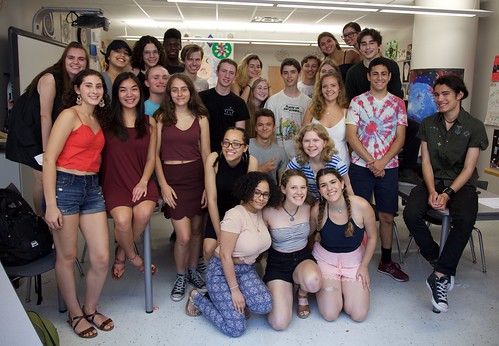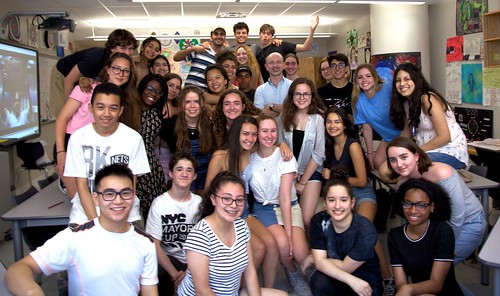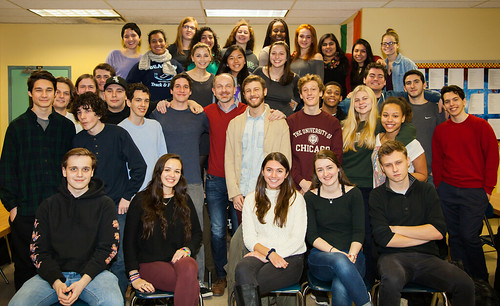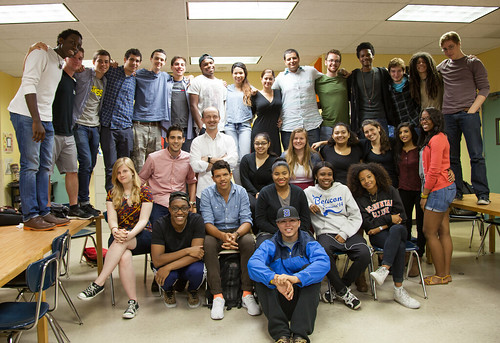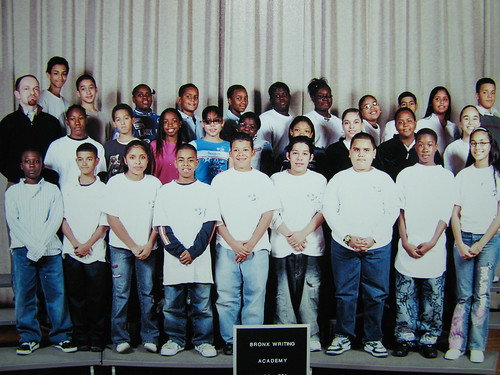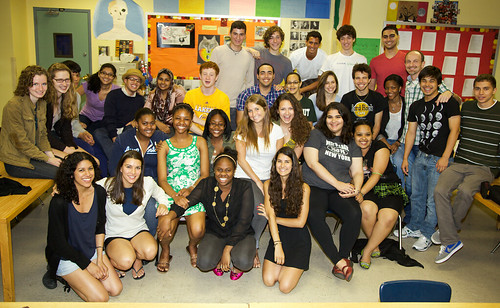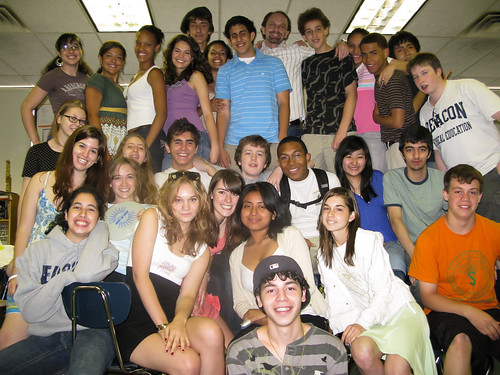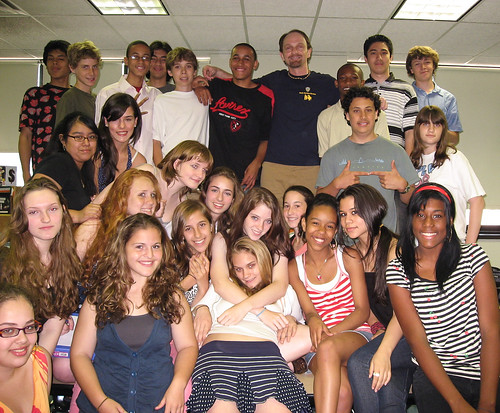I have yet to regret the part of my life spent underground, countless hours below the crowded surface, moving uninterrupted through an amalgamation of tracks and tunnels. And despite the whirlwind of stop and go school days, I spend, during the school week alone, 480 hours a year on the New York City subway. Twenty full days a year, buried beneath the furious bustle of city life, time that lends itself not to the homework that will keep me up far past the point where my body pleads for sleep, but rather, to observation.
A fascination with people is innately human, but the amount of focus and concern I have for the poorly postured man with the gray suit jacket sitting in the seat nearest the window on the 6:57am F train surpasses the normal speculative glances. I count the bite marks fragmenting the navy casing on the pencil that the boy leaning apathetically against the door scribbles listlessly with. I observe these people with a scientific curiosity; I envision their paper lives from the sort of breakfast cereal that best suits their shoes to their inevitable familial disputes. To me they become paper people, as malleable as the narratives I will create for them. I write their stories, imagining the complicated, interweaving webs of their lives.
And sometimes I look at these people and I can’t help but to feel, more passionately than I intend to, that they have stories worth telling. I mis-imagine their narratives as best as I can, until the fleeting train stations accumulate, and it becomes my turn to exit the train. In my head, I plan out the intricacies of the lives they lead, and the people they will one day become. They push me to understand perspectives that I may never come close to truly comprehending, and they fascinate me in my brief encounters with their facades. The snaking trains brim with an infinite spectrum of people, going about their daily lives. And nothing is more inspiring to me, as a writer, an artist, and a philosopher, than such people.
I fantasize about grasping some minor understanding of who these people are. They inhabit my city, my borough, they shuffle and check their watches in synchronicity with me, they read books that I have read and that I would like to read. These people are the reason that I want to write and read and travel and explore and photograph. They inspire me with their secrets, their outward appearances, and their idiosyncrasies. They test my curiosity, my desire to know and understand and relate to the things around me. Like I said, I don’t regret a life-spent underground, I would just like the opportunity for my disorganized, circumventing mess of inspired thought processes to become something incredible.











































































































